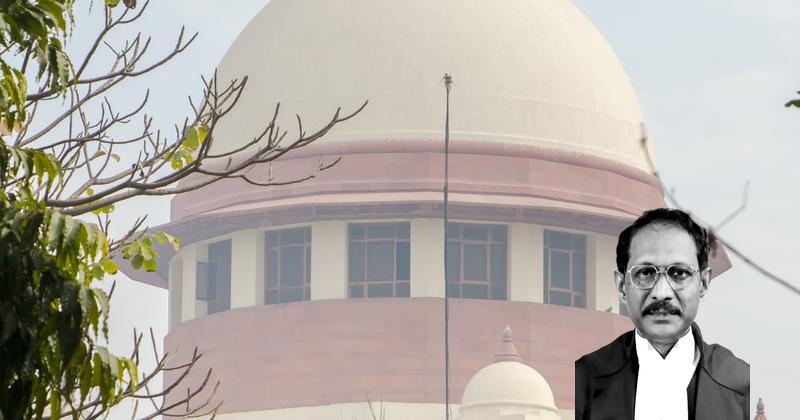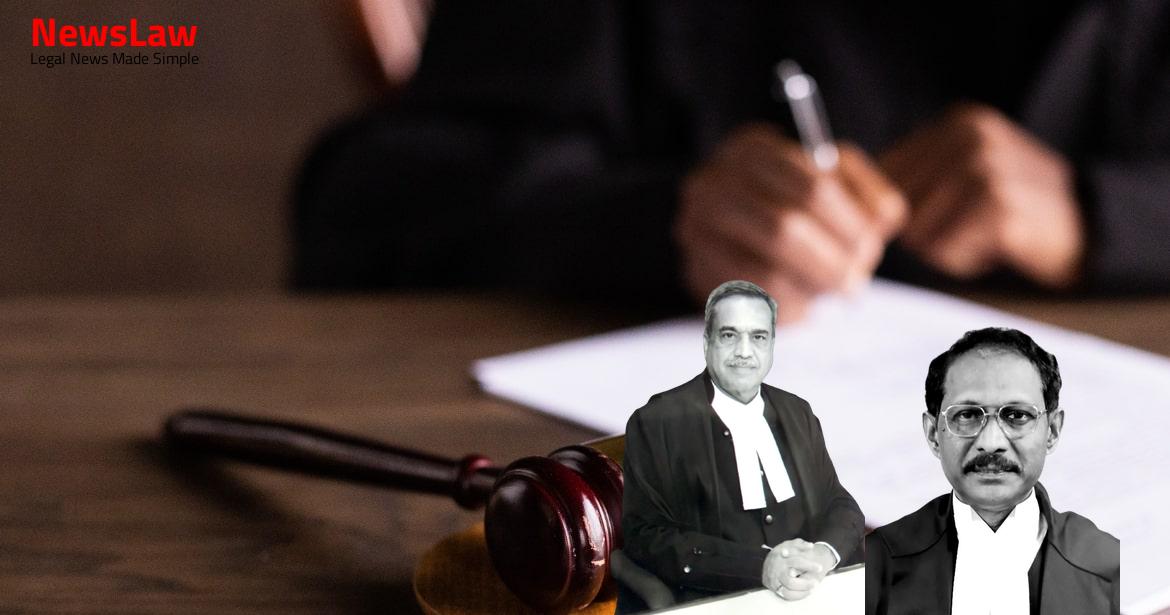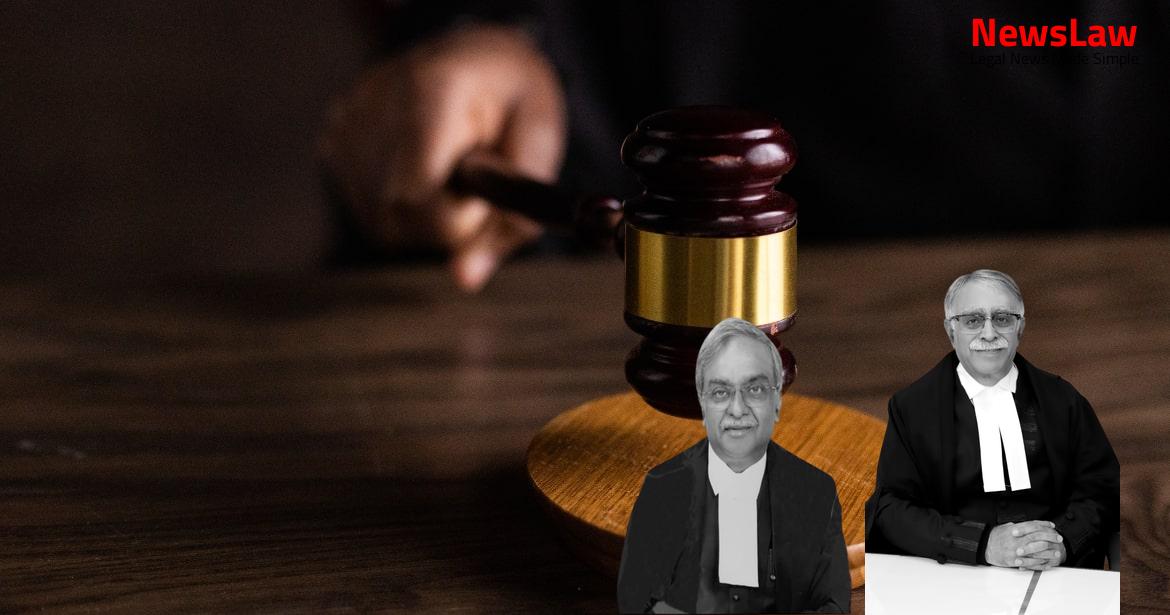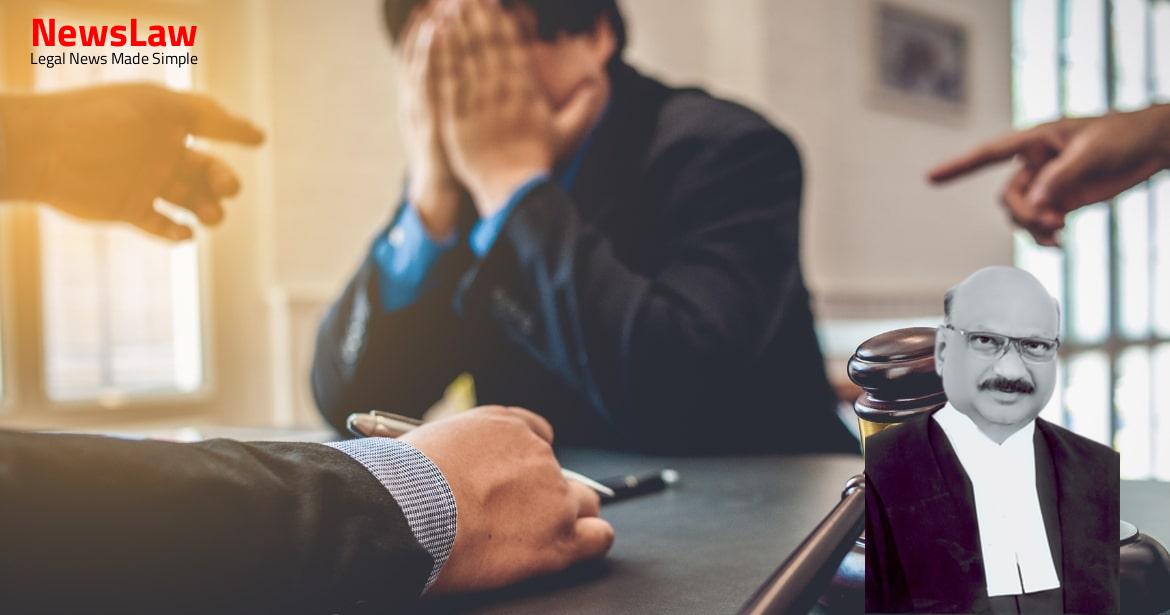Criminal Appeal No.818 of 2013 by which the Division Bench of the High Court has partly allowed the said appeal preferred by the respondent accused – Vijendra Singh and has set aside the conviction for the offence punishable under Section 302/149 IPC but has convicted for the offence punishable under Section 323 IPC, the original complainant/informant has preferred the present appeal. During the trial, the accused Bhupendra Singh died.
Also Read: https://newslaw.in/case-type/civil/c-a-no-001144-001146-2011/
The prosecution submitted an application under Section 319 Cr.P.C. against the remaining three accused persons so left out by the prosecution.
Thereafter on conclusion of the trial, the learned Trial Court convicted the accused Vijendra Singh for the offence punishable under Sections 147, 323, 302/149 IPC and sentenced him to undergo life imprisonment for the offence punishable under Sections 302 read with Section 149 IPC, one year R.I. By the impugned judgment and order the High Court has set aside the conviction of the accused Vijendra Singh for offence under Section 302 read with Section 149 IPC by observing that no case is made out for conviction with the aid of Section 149 IPC. Shri Siddhartha Dave, learned Senior Counsel appearing on behalf of the appellant has vehemently submitted that in the facts and circumstances of the case the Division Bench of the High Court has materially erred in observing that no case was made out for conviction with the aid of Section 149 IPC. Shri Abhishek Gupta, learned counsel appearing on behalf of accused no.2 relying upon the decision of this Court in the case of Roy Fernandes vs State of Goa and others, (2012) 3 SCC 221, has vehemently submitted that as such on facts no case is made out to convict the accused with the aid of Section 149 IPC. Now so far as the conviction of the accused for the offence under Section 323 IPC, it is vehemently submitted by learned counsel appearing on behalf of the accused that though the respondent no.2 has not preferred the appeal challenging the conviction under Section 323 IPC, still in an appeal preferred by the State against the acquittal, the accused can submit that he could not have been convicted for other offence.
In support of his submission that even the respondent – accused could not have been convicted even for the offence under Section 323 IPC, learned counsel appearing on behalf of the respondent – accused has made the following submissions: That there was a delay of 3 12 days in lodging the FIR; That the injury on the neck has not been established and proved; (iii) That there are material contradictions on the injuries caused by the accused persons.
Also Read: https://newslaw.in/case-type/civil/acquisition-of-land-and-deemed-lapse-under-the-act-2013/
However, the High Court has not properly and considered the fact that in the report/FIR there were specific allegations against five accused persons and five accused persons were named in the FIR. It was the case on behalf of the accused that as the High Court convicted only four persons falling below the required number of five, they could not have been convicted with the aid of Section 149 IPC. 2
No once the respondent – accused was found to be member of the unlawful assembly of more than five persons and he actually participated in commission of the offence may be the fatal blow might have been given by the another accused, in the present case Bhupendra Singh, still with the aid of Section 149 IPC, Respondent Accused can be convicted for the offence under Section 149 IPC with the aid of Section 302 IPC. As per first part of Section 149 IPC if an offence is committed by any member of unlawful assembly in prosecution of the common object of that assembly, every person who, at the time of that offence, is a member of the same assembly, is guilty of that offence.
matter of common knowledge that when in a village a body of heavily armed men set out to take a woman by force, someone is likely to be killed and all the members of the unlawful assembly must be aware of that likelihood and would be guilty under the second part ‘of s.149. 149 as explained above or it was an offence such as the members of the assembly know to be likely to be committed in prosecution of the common object and falls within the second part.” 3 No so far as the reliance placed upon the decision of this Court in the case of Roy Fernandes (supra), relied upon on behalf of the respondent – accused is concerned, on facts the said decision shall not be applicable. Now, so far as the submission on behalf of the accused that he ought not to have been convicted for the offence under Section 323 IPC is concerned, though the accused has not challenged the impugned judgment and order passed by the High Court challenging the offence under Section 323 IPC we have heard the learned counsel appearing on behalf of the accused on merits on his conviction under Section 323 IPC. 2xl/2 cm scratched injury in the middle of head with red color soft clotting and hematoma beneath the skin of the head 2.
0.5X0.5 cm scratched injury on the middle part of left leg.
The impugned judgment and order passed by the High Court acquitting the respondent – accused for the offence under Section 302 under Section 149 IPC is hereby quashed and set aside.
Also Read: https://newslaw.in/case-type/civil/c-a-no-003481-003481-2022/
…………J.
Case Title: SURENDRA SINGH Vs. THE STATE OF RAJASTHAN (2023 INSC 354)
Case Number: Crl.A. No.-001059-001059 / 2023



